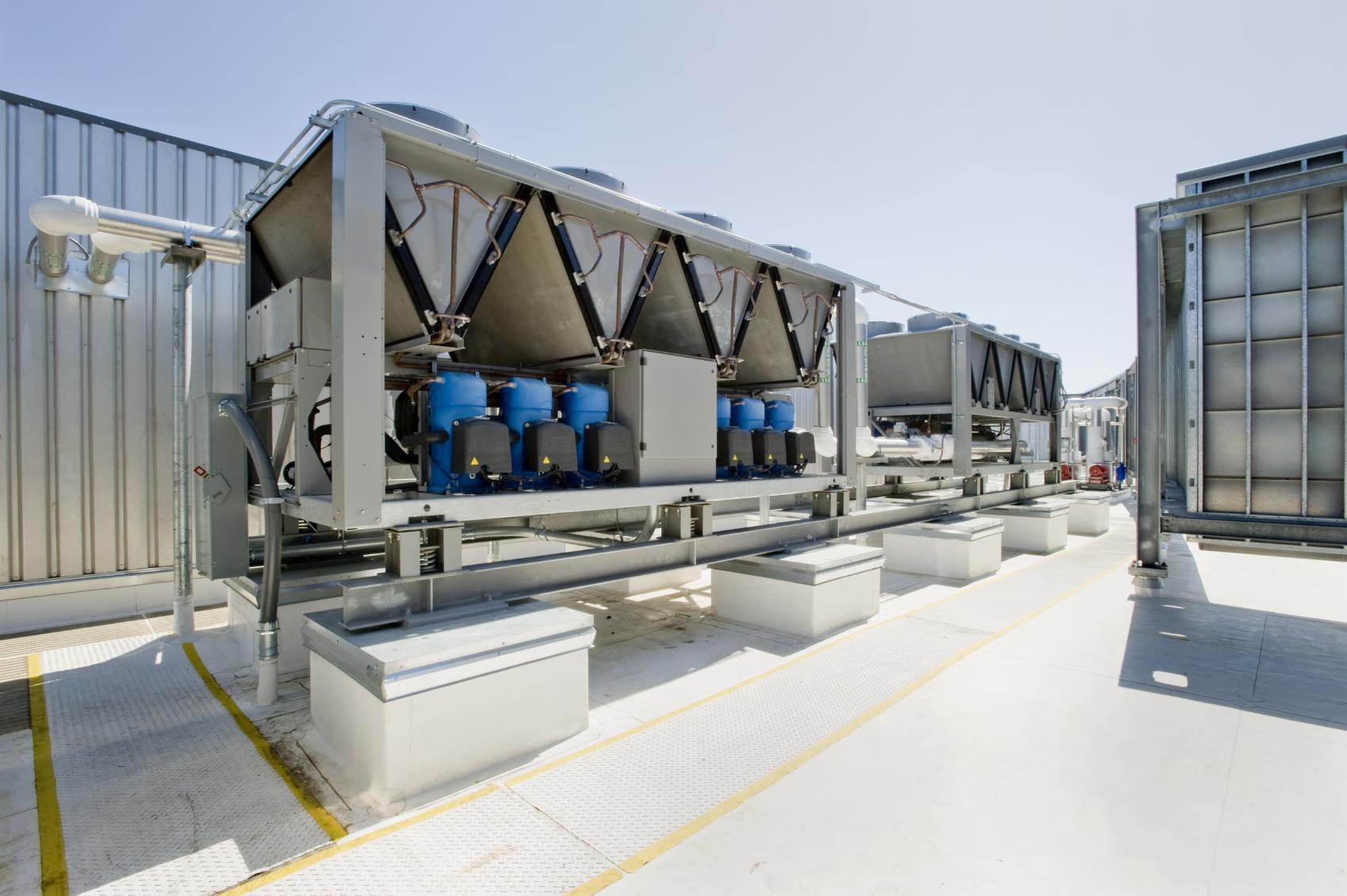Mastering Comfort: The Ultimate Guide to Heating and Air Conditioning
Mastering Comfort: The Ultimate Guide to Heating and Air Conditioning
Blog Article

In today’s ever-changing climate, maintaining a comfortable home environment is more important than ever. Whether it's the sweltering heat of summer or the biting cold of winter, effective heating and air conditioning systems are essential to ensure that our living spaces remain welcoming and cozy. Understanding the intricacies of these systems not only enhances our comfort but can also lead to significant savings on energy bills.
As we delve into the world of heating and air conditioning, we'll explore everything from the basic principles behind these systems to practical tips for optimizing their performance. Whether you are looking to upgrade your existing units, troubleshoot common issues, or simply learn more about maintaining your ideal indoor climate, this guide has you covered. Get ready to master the art of comfort in your home and make informed decisions that will benefit your environment and your wallet.
Types of Heating Systems
There are several types of heating systems that homeowners can choose from, each with its own advantages and ideal applications. One common type is the forced air system, which utilizes a furnace to heat air and distribute it throughout the home via ducts. This system is popular due to its efficiency and the added benefit of air filtration, which can improve indoor air quality. Moreover, it allows for the integration of central air conditioning, making it a versatile option for year-round comfort.
Another popular heating system is the radiant heating system. This method can involve either electric heating elements or hydronic tubes installed beneath the floors or within walls. Radiant heating provides warmth gradually and evenly, creating a cozy environment without the drafts or noise associated with forced air systems. It is often preferred in new constructions and renovations due to its aesthetic appeal and space-saving characteristics.
Lastly, heat pumps have gained traction as an energy-efficient heating solution. These systems work by transferring heat rather than generating it, making them efficient in moderate climates. A heat pump can provide both heating and cooling, operating in reverse during the summer months. With advancements in technology, modern heat pumps can perform effectively even in colder temperatures, making them a practical choice for eco-conscious homeowners looking to reduce their energy consumption.
Air Conditioning Fundamentals
Air conditioning systems are designed to control the temperature, humidity, and air quality within indoor spaces, providing comfort during hot weather. These systems work by transferring heat from the inside of a building to the outside, using a refrigerant that absorbs and releases heat as it circulates through the system. The basic components of an air conditioning system include the compressor, condenser, evaporator, and expansion valve, which work together to create a continuous cycle of cooling.
Understanding the different types of air conditioning systems is essential for choosing the right one for your needs. Central air conditioning systems cool the entire home using ductwork, while ductless mini-split systems offer flexibility and energy efficiency for individual rooms. Window units and portable air conditioners are also popular for smaller spaces or temporary cooling solutions. Each type has its advantages and disadvantages, making it crucial to consider factors such as home layout, climate, and budget.
Maintenance is key to ensuring the efficient operation of an air conditioning system. Regular tasks such as cleaning or replacing filters, checking refrigerant levels, and ensuring that the outdoor unit is clear of debris can significantly enhance performance and prolong the lifespan of the unit. Scheduling professional inspections and tune-ups at least once a year can help identify any potential issues before they escalate, ensuring that your air conditioning system remains in top condition, providing reliable comfort throughout the cooling season.
Energy Efficiency Tips
ApexHeatAndAC Best HVAC Solutions
Improving the energy efficiency of your heating and air conditioning system can significantly reduce your energy bills while keeping your home comfortable. Start by regularly changing or cleaning your air filters. Clogged filters restrict airflow, causing your system to work harder and use more energy. Depending on your system and usage, aim to check and replace these filters every one to three months to ensure optimal performance.
Additionally, consider investing in a programmable thermostat. This allows you to set specific times for your heating and cooling to run, reducing energy consumption when you are not at home. By adjusting the temperature a few degrees, you can save a noticeable amount of energy. For example, setting the temperature lower in winter and higher in summer can lead to significant savings throughout the year.
Lastly, sealing and insulating your home can greatly enhance energy efficiency. Check for drafts around windows and doors and use weather stripping or caulk to seal any gaps. Insulating your attic and walls ensures that warm or cool air stays inside, allowing your heating and air conditioning systems to work more effectively. These small improvements can lead to big reductions in energy costs over time.
Report this page